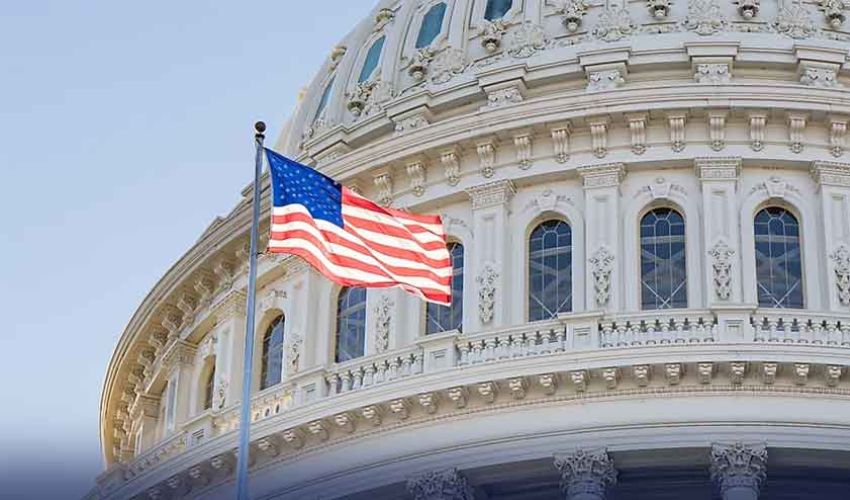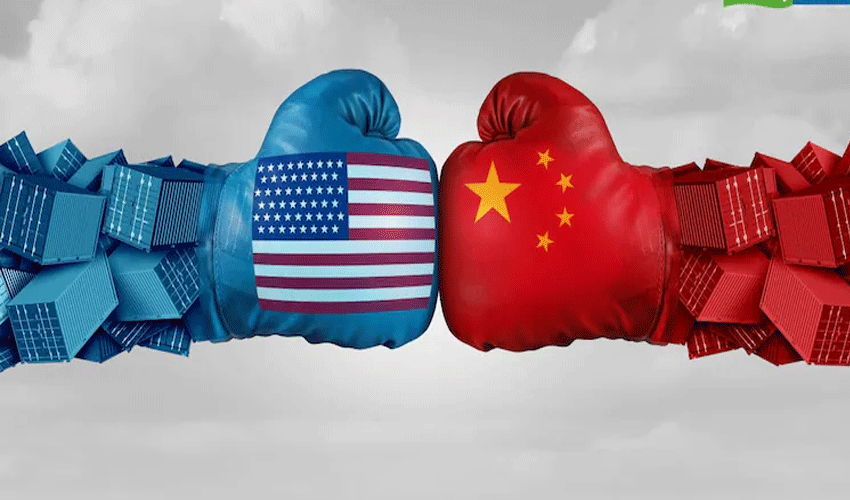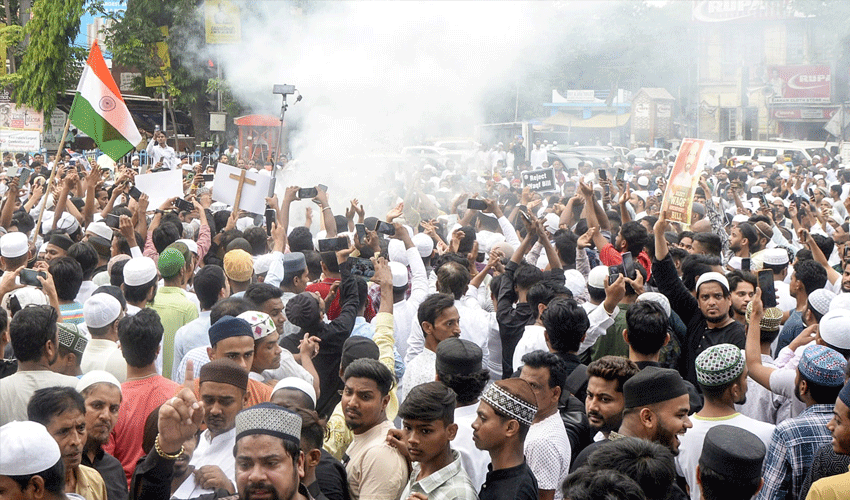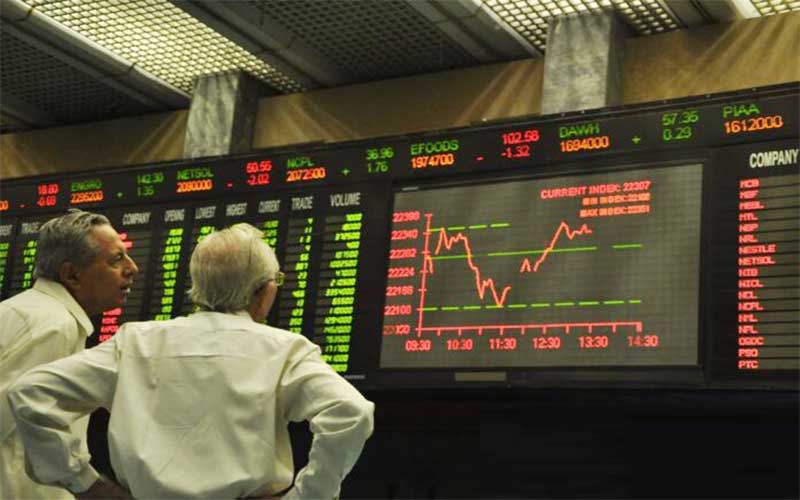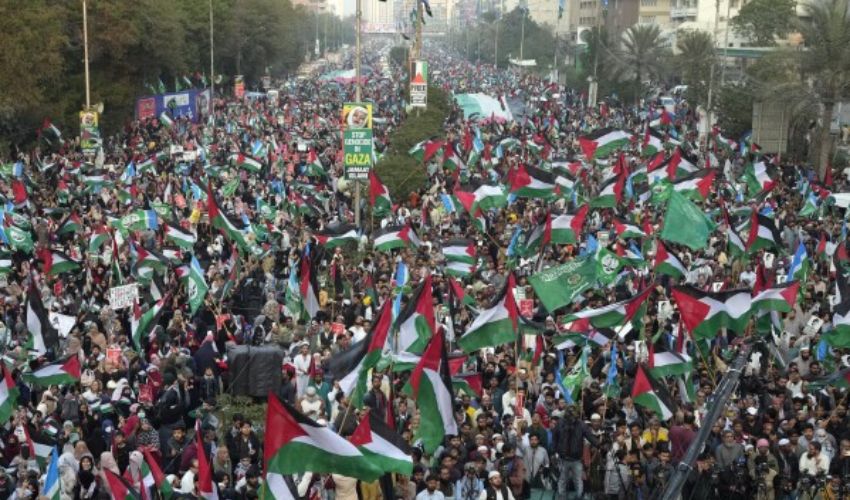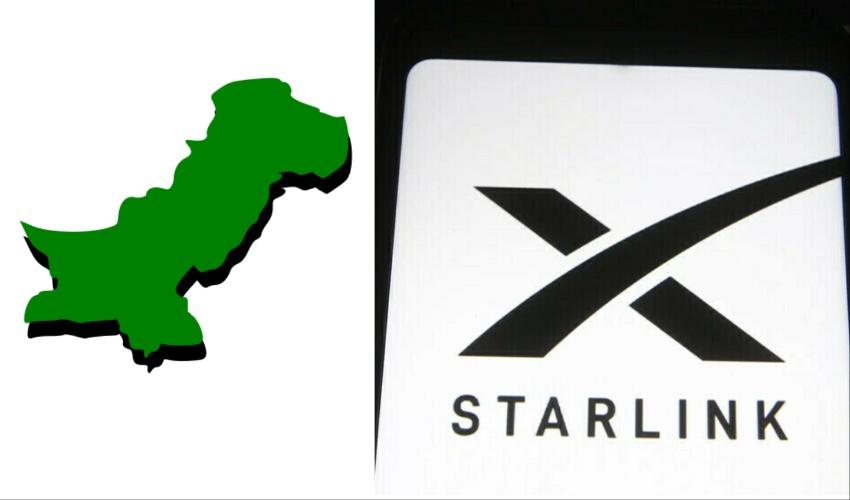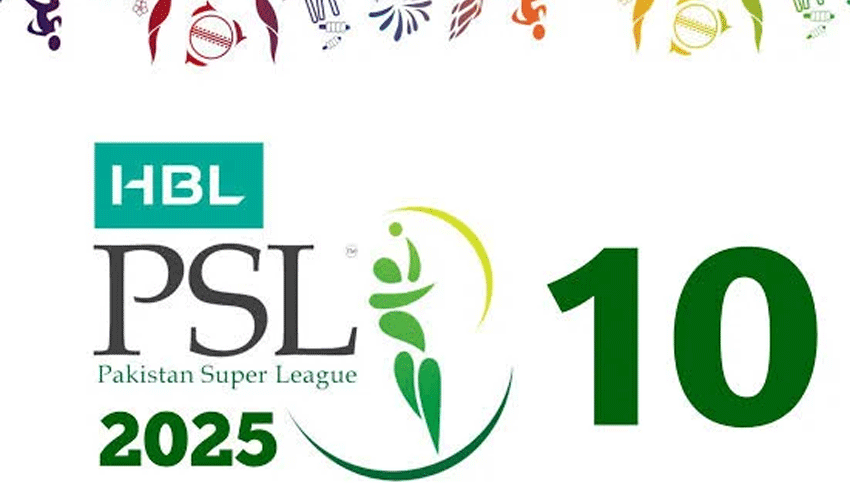India's southern states contributed nearly 60% to India’s total tax revenue, yet received only around 35% of federal funds.
Despite a population growth rate half of that in the North, the Southern States continued to lose parliamentary seats during each delimitation phase.
A recent survey revealed that 70% of urban residents in the South felt underrepresented in national policymaking, which has led to increasing demands for regional autonomy. Southern States contribute more than their fair share to the national budget, highlighting discrimination in government financial policies.
An ethnic divide also exists within the Indian military, with regional affiliations causing issues of nepotism, promotions, deployments, and welfare benefits within the higher political-military leadership.
In his book "India and World War II: War, Armed Forces, and Society, 1939–45", Indian author Kaushik Roy argued that the lack of rebellions within the Indian Army during British rule was due to the absence of open ethnic and sectarian hostility among various social-religious groups, even as Hindu-Muslim tensions escalated within society.
However, after Independence, no systematic research was conducted on the ethnic composition of the Indian Army.
According to the "Journal of Military, Veterans and Family Health" by the University of Toronto Press, minority personnel in the Indian military face more harassment and discrimination compared to non-minority soldiers. This division cannot be overlooked when assessing India’s so-called "military strength."
Nepotism and geographical divides have led to commanders in high positions whose military paths differ from the nation's priorities.
As a result of this severe discriminatory divide, the Southern population feels increasingly alienated due to preferential treatment of the North, lack of representation, and unfair resource allocation.
Southern states' representation in the Lok Sabha has been impacted, as government policies fail to reward efforts for balance and economic stability in the region.
Increasing demands for autonomy in the South challenge the central government’s preference for policies that favour the North.
Pro-independence movements in the South have risen, calling for self-determination in response to the injustices faced by Southern citizens.
The unique languages and cultures of the South have come under pressure from the North, with attempts to impose Hindi as the national language seen as an effort to weaken Southern identity. Southern States reject these efforts as attempts to diminish their cultural identity and view the central government’s stance as a threat.
While the South showcases a high level of religious harmony, concerns about sectarian tensions in the North due to the BJP’s promotion of Hindutva ideology continue to grow.
Civil societies must convince the Modi government, influenced by the radical Hindutva ideology, that further ethnic-religious division in Indian society would have detrimental consequences for both the state and society.







